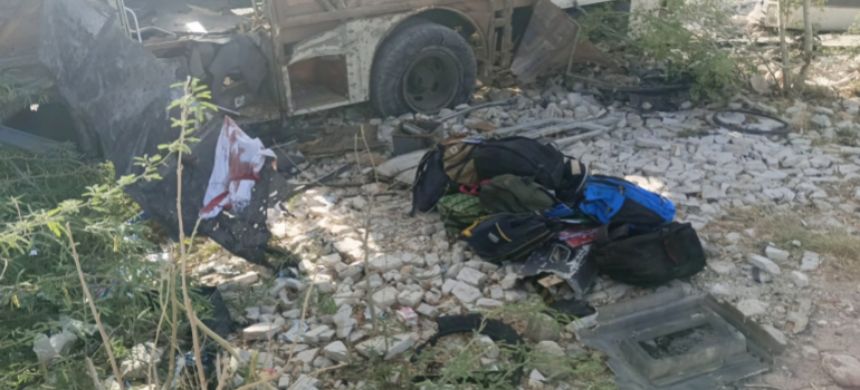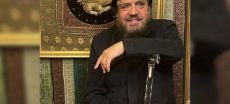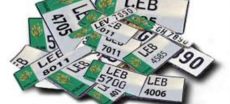The International Monetary Fund (IMF) has agreed to Pakistan’s proposal to lower customs and regulatory duties under the 2025–30 tariff policy, as part of federal budget negotiations for 2025–26. The discussions also cover reforms in vehicle imports and energy policies aimed at reducing pollution and promoting electric mobility.
Pakistan has pledged to lift the ban on importing five-year-old used cars, signaling a major step toward liberalizing the auto sector. In return, the IMF has asked for the removal of non-tariff barriers and the resumption of commercial vehicle imports to boost trade.
Read more: IMF Approves Electricity Tariff Reduction for Pakistan
The government is set to introduce a new electric vehicle (EV) policy, targeting 30% EV adoption by 2030. A subsidy program and expanded EV charging infrastructure will support this transition. To curb emissions, a carbon levy of Rs. 5 per liter on petrol and diesel will be introduced from July 2025 until June 2027, with an additional sales tax on conventional vehicles also under review.
Further reforms include tariff cuts in the auto sector and incentives for local manufacturers. A potential Rs. 100/liter increase in petroleum levy is also being considered. These initiatives are expected to reduce vehicle-related emissions by up to 30% by 2030 and align Pakistan’s trade practices with global standards.











